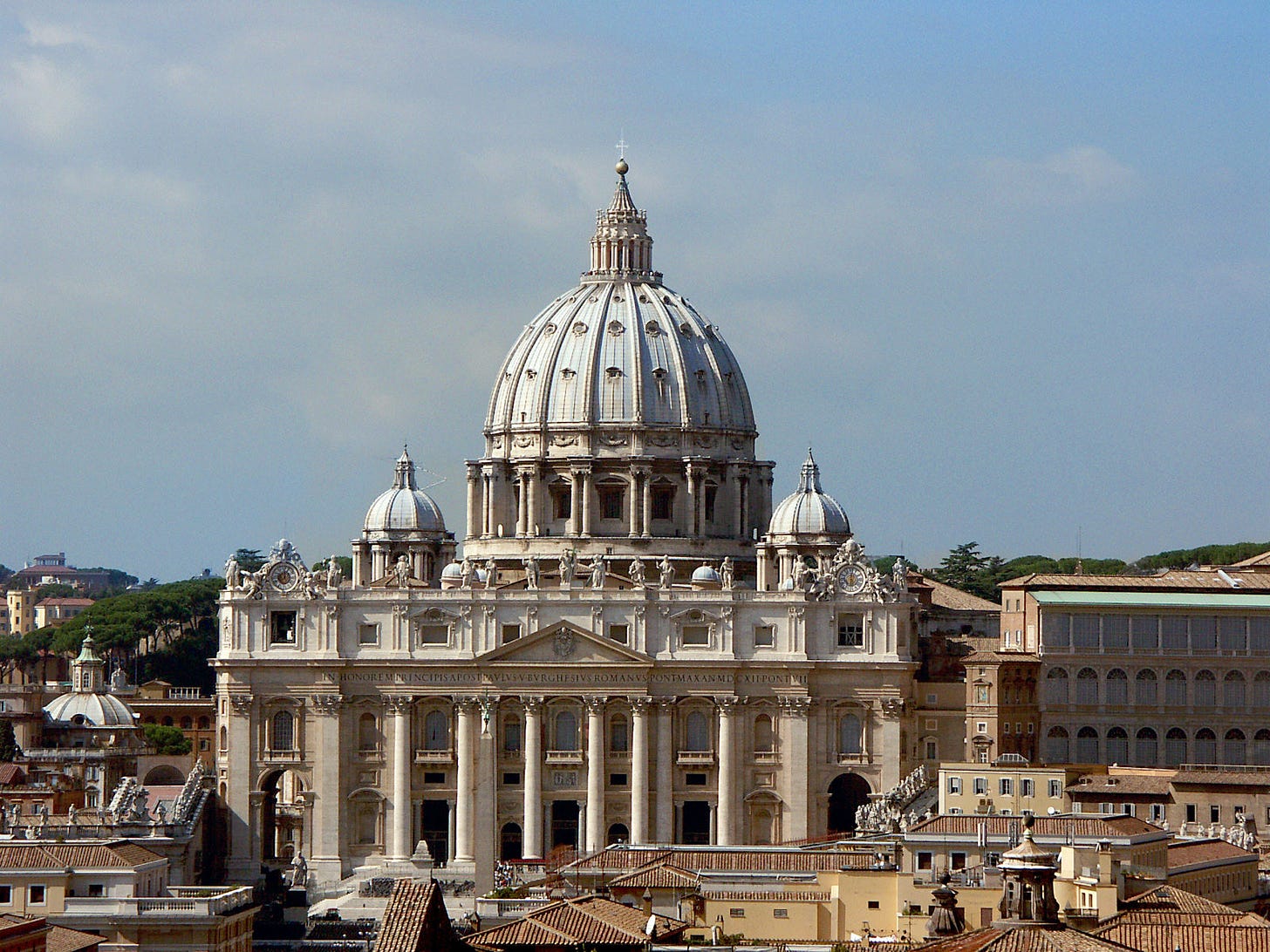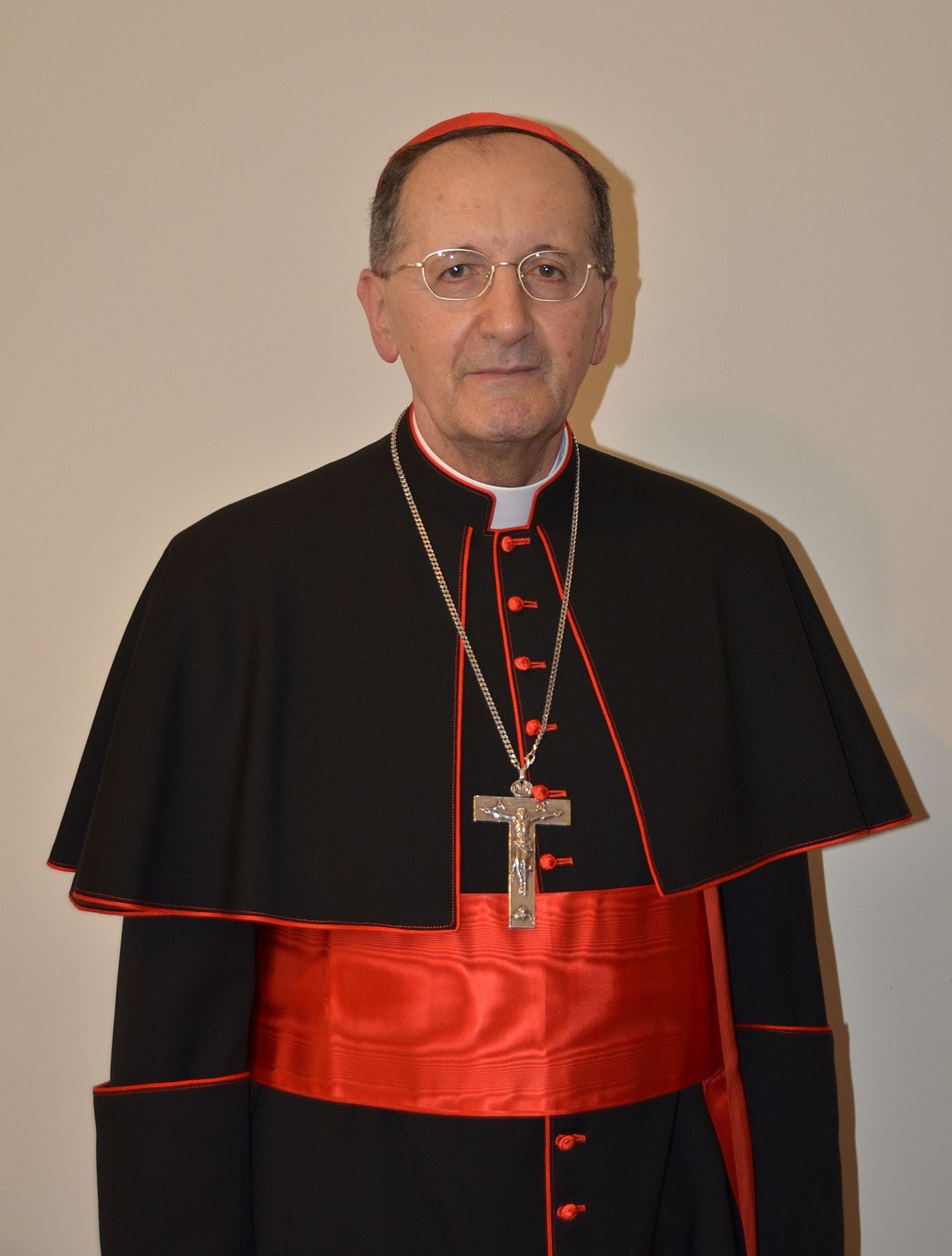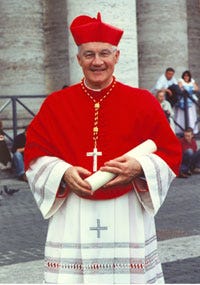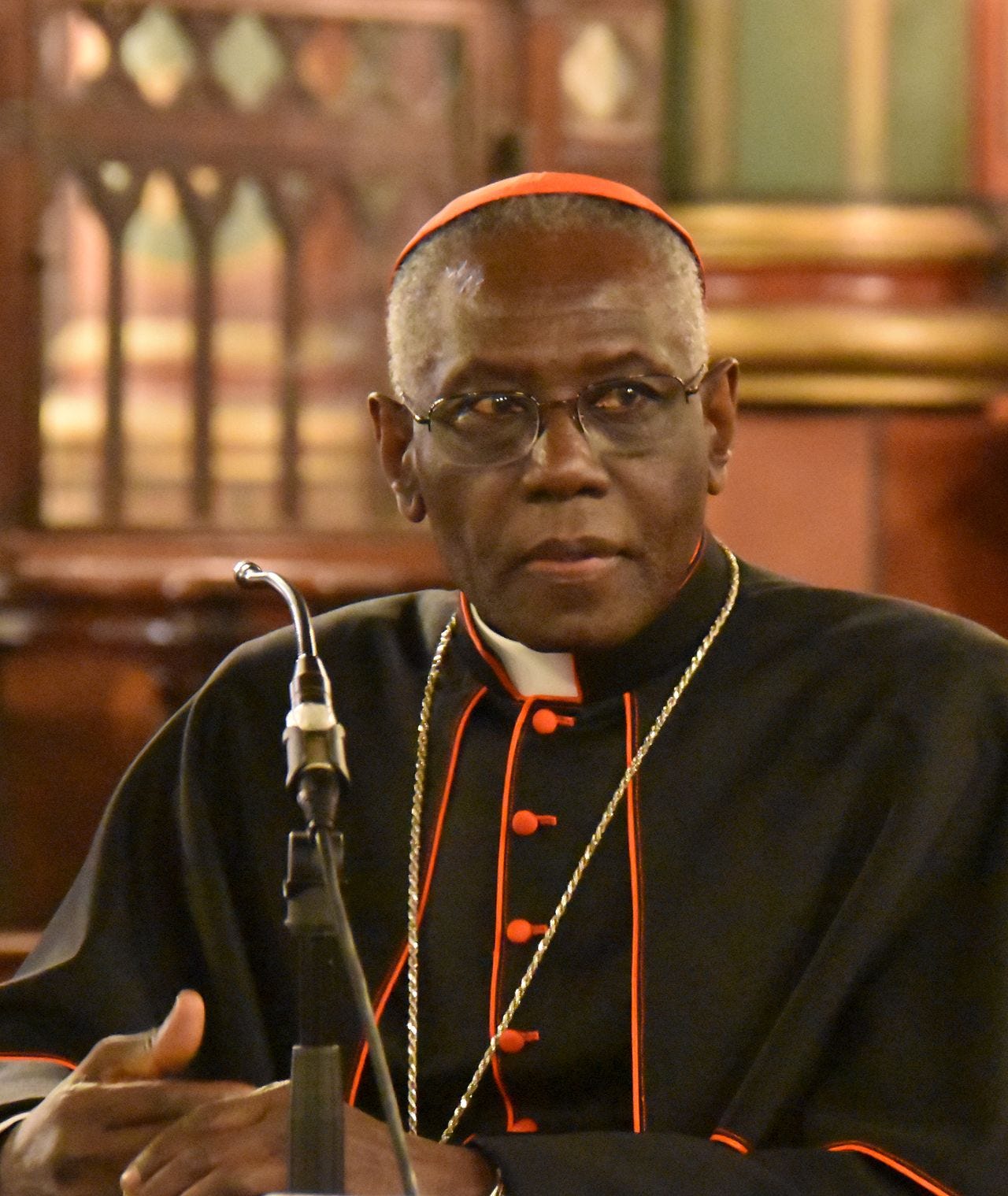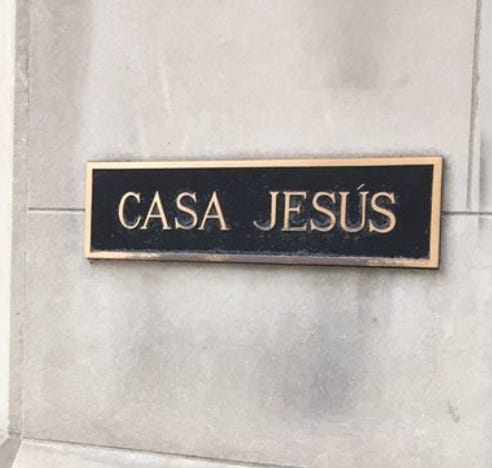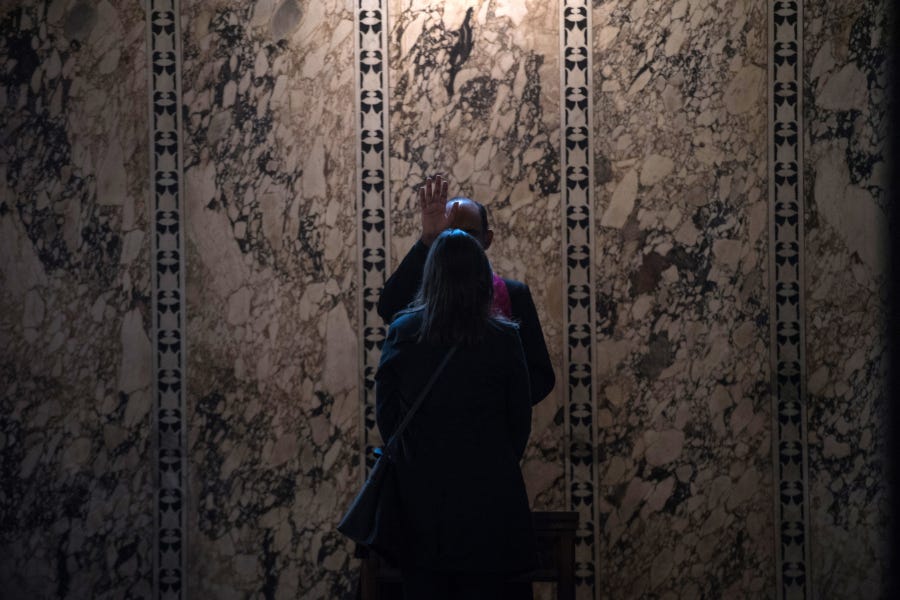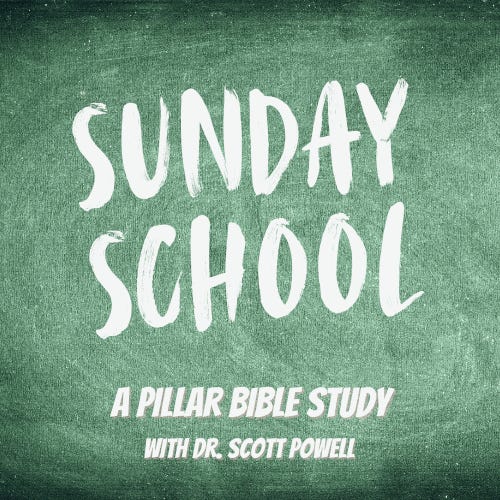Three Vatican offices are expected to see new leadership soon: the Congregation for Clergy, the Congregation for Bishops, and the Congregation for Divine Worship and the Discipline of the Sacraments.
In each office, the cardinal prefect — essentially cabinet secretaries of the Roman Curia — are beyond 75, the age at which prefects are expected to submit letters of resignation to Pope Francis.
While other offices, including the Congregation for the Doctrine of the Faith, also have prefects over 75, many Vatican watchers have predicted a change could be coming in the offices mentioned below.
Here’s a look at each office, and what it does:
Congregation for Clergy
Current prefect: Cardinal Beniamino Stella, 79.
When founded: 1564
Responsibilities: The Congregation for Clergy issues norms on seminary formation and priestly life, and handles most petitions for priests and deacons to be laicized-- the process by which clerics can be permitted to return to the lay state of life.
The congregation handles disputes between bishops and priests that are appealed to the Vatican, as well as appeals against Church closings and some other disputed administrative acts of pastors or bishops. It also handles some cases - but not all - of clerical misconduct. The most grave cases are handled by the Congregation for the Doctrine of the Faith.
Congregation for Bishops
Current prefect: Cardinal Marc Ouellet, 76.
When founded: 1588
Responsibilities: The Congregation for Bishops works with nuncios, or papal ambassadors, to present to the pope slates of candidates to be appointed as diocesan bishops when vacancies arise in most parts of the world. This work includes doing background checks and preparing dossiers on proposed candidates, and consulting with the cardinals who are appointed as “members” of the Congregation, but do not work there full-time.
The congregation is not ordinarily involved in the selection of bishops in parts of the world formally designated as mission territory by the Holy See; that process is overseen by the Congregation for the Evangelization of Peoples, commonly known as Propaganda Fide.
The congregation also coordinates ad limina, or official, visits of bishops to the pope, and receives and compiles the “status reports” bishops are required to send to the Vatican every five years.
The congregation manages the establishment of new dioceses or the merger of dioceses when needed, is a principal point of contact between bishops’ conferences and the Vatican, oversees Opus Dei — the sole “personal prelature” in the Church, and manages dioceses established to care for members of national militaries.
Congregation for Divine Worship and the Discipline of the Sacraments
Outgoing prefect: Cardinal Robert Sarah, 75. (Update: Cardinal Sarah’s resignation was accepted by Pope Francis on Feb. 2020.)
When founded: 1588
Responsibilities: The congregation, usually referred to as “Divine Worship,” or “Culto Divino,” oversees norms regarding the celebration of the sacraments and other liturgical rites (like funerals), and oversees the translations of those norms into various languages — a process that can often spark considerable controversy.
The congregation gives guidance on questions regarding the liturgy. This responsibility became important during the pandemic, as bishops had developed new policies — which were sometimes corrected by the congregation — regarding sacramental ministry, and as Catholics raised concerns about coronavirus restrictions on sacred worship.
The congregation can be involved in appeals to the Vatican over liturgical practices. It is also responsible for reviewing cases — which are very rare — when ordination to priesthood or diaconate is considered to be null, or invalid.
It also oversees and sets norms for the Church’s veneration of the relics of saints, oversees the official recognition of saints as the “patron saint” of things, and can recognize churches of importance around the world as basilicas.

